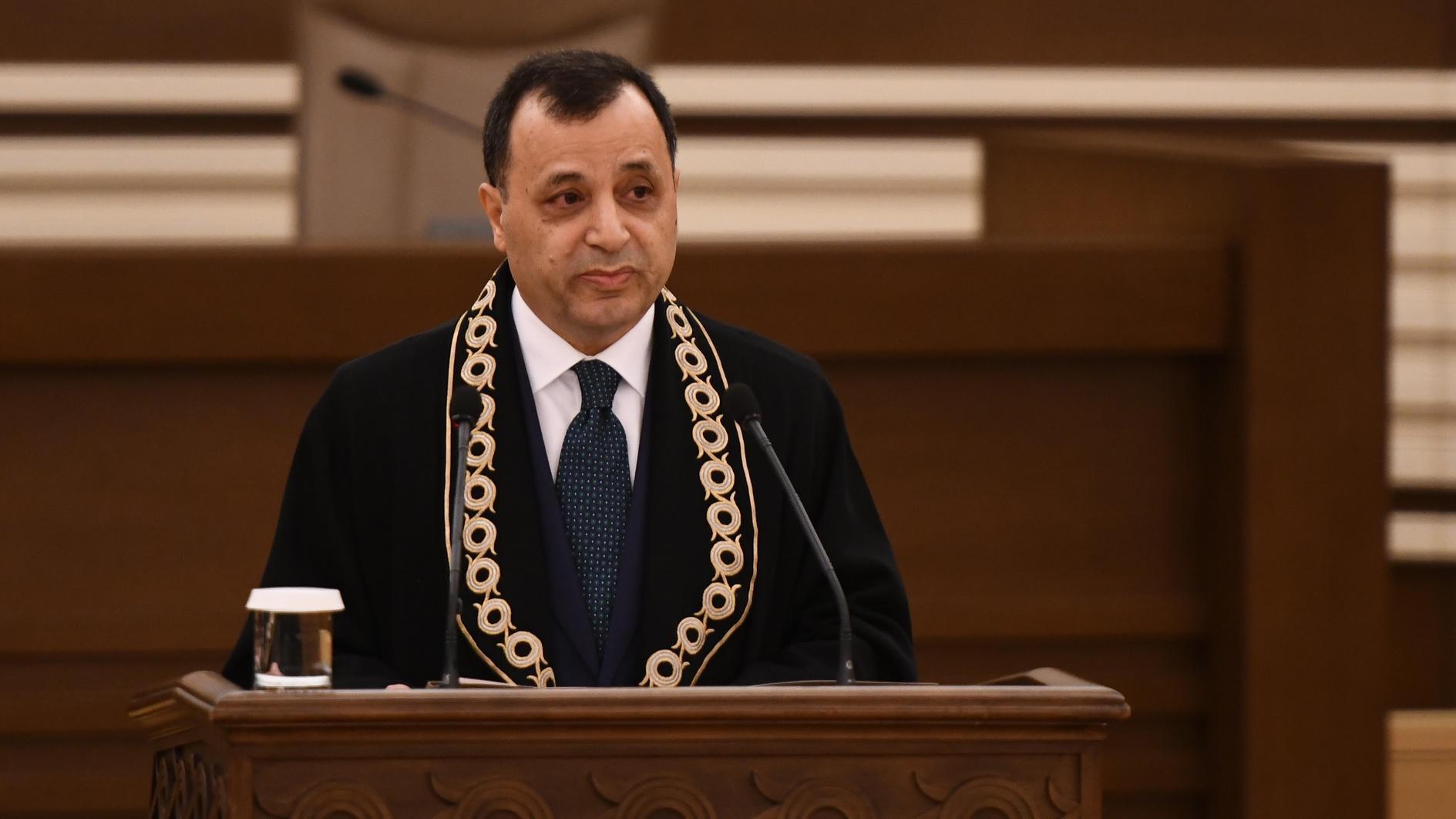How many millions of people living in poverty in Turkey?
According to the Organization for Economic Co-operation and Development’s (OECD) Income Inequality and Poverty report issued in June, Turkey maintains its place among the countries where income inequality is the highest.
According to the Turkish Statistical Institute’s (TÜİK) Income and Living Conditions Survey data, while 20 percent of the population has 46.6 percent of the income, the lowest 20 percent only have a share of 5.9 percent. In other words, there is an eight-fold gap between the top and the bottom.
The answers to the question “How many million people living in poverty are there in Turkey?” always vary. According to a report issued at the end of March, which was based on TÜİK data, 20 percent of Turkey’s population – that is 15 million people – live on the poverty line.
Sociologist Professor Sema Erder who has been conducting research for years in fields such as rural-urban migration, urban transformation, squatting and poverty, gave me an article the other day, which had a different point of view on the number of people living in poverty.
A researcher, Özcan Çağlar, wrote an article in the socialist political culture magazine “Kızılcık,” titled: “Local Election Results and Turkey’s Poverty.”
Çağlar shed light on the number of people living in poverty through the government’s social aid programs.
Looking at the data included in the research, according to the Family and Social Policies Ministry, during the year 2013, around 12 billion Turkish Liras of social aid had been distributed.
Well, how and who received these 12 billion liras?
From the 2012 Social Aid Statistics bulletin prepared by the General Directorate of Social Aid from the ministry, we understand the amount in question has been distributed under chapters, such as family aid, education aid, health aid, handicapped needs aid and special aid.
Çağlar emphasizes this significant aspect in his article: The ruling party had determined that in the year 2012, the aid to be distributed to citizens should be 8.5 billion liras. When it was 2013, these expenditures multiplied by 50 percent to reach 12 billion.
Social aid is not distributed randomly. As a result of a project developed by the Scientific and Technical Research Council of Turkey (TÜBİTAK), a “Social Aid Data System” has been established and the ruling party has a record of the mass it can outreach through this system.
This system, which has been in use since October 2011, has 23,668,942 people in its records.
According to Çağlar, the General Directorate of Social Aid has defined this system as “the poverty inventory.” The information in the system is compiled of socio-economic data from 6.3 million households, with 23 million people living in these households, together with aid and payment information from other institutions.
From this point of view, as Çağlar said, it is possible to say that in Turkey, not 15 million but 23,668,942 people are “poor.”
According to Çağlar’s analysis, a figure, such as 23 million, can explain the 43 percent of the vote that the ruling Justice and Development Party (AKP) obtained in the local elections; since those who receive “social aid” in Turkey are concerned that in the case the AKP is overthrown from the government, their aid will be cut off.
The last significant point in Çağlar’s articles is that: The ratio of women receiving social aid is 70 percent. It is also possible to understand, from this ratio, why Turkey is very behind in the world in female employment.











